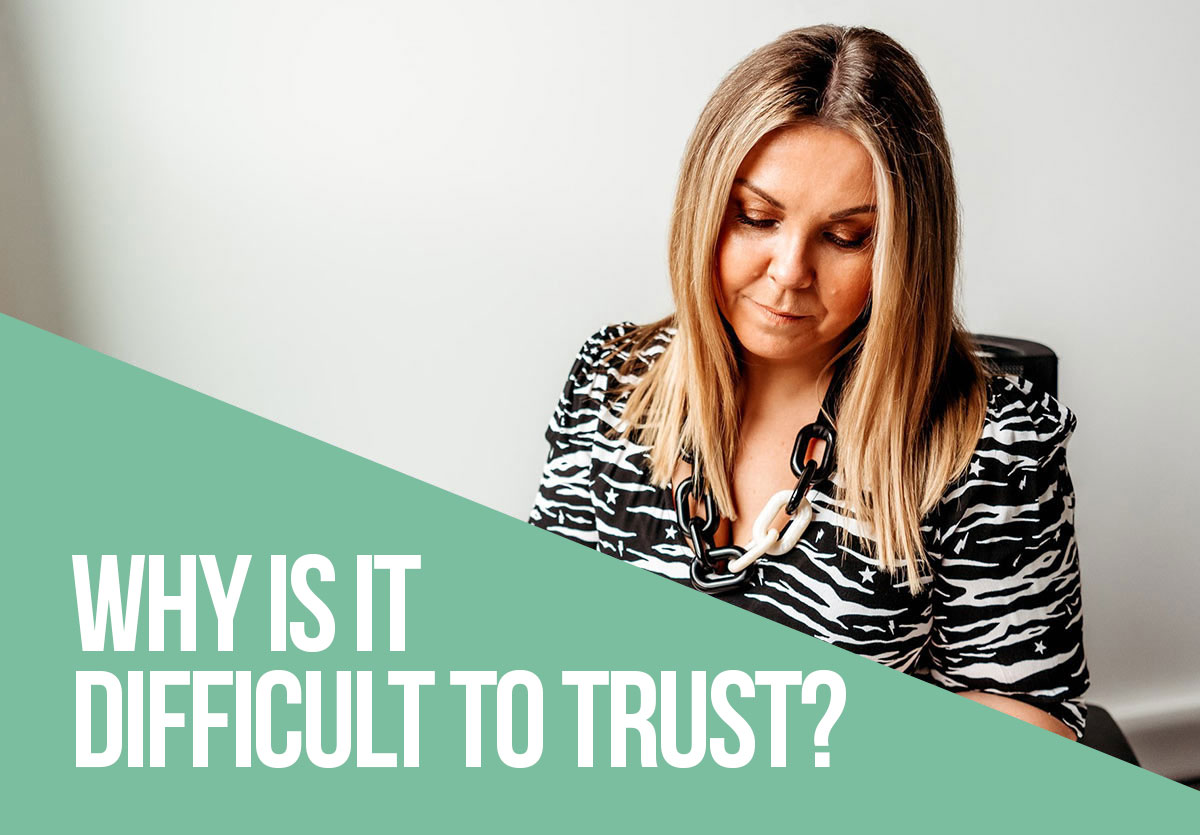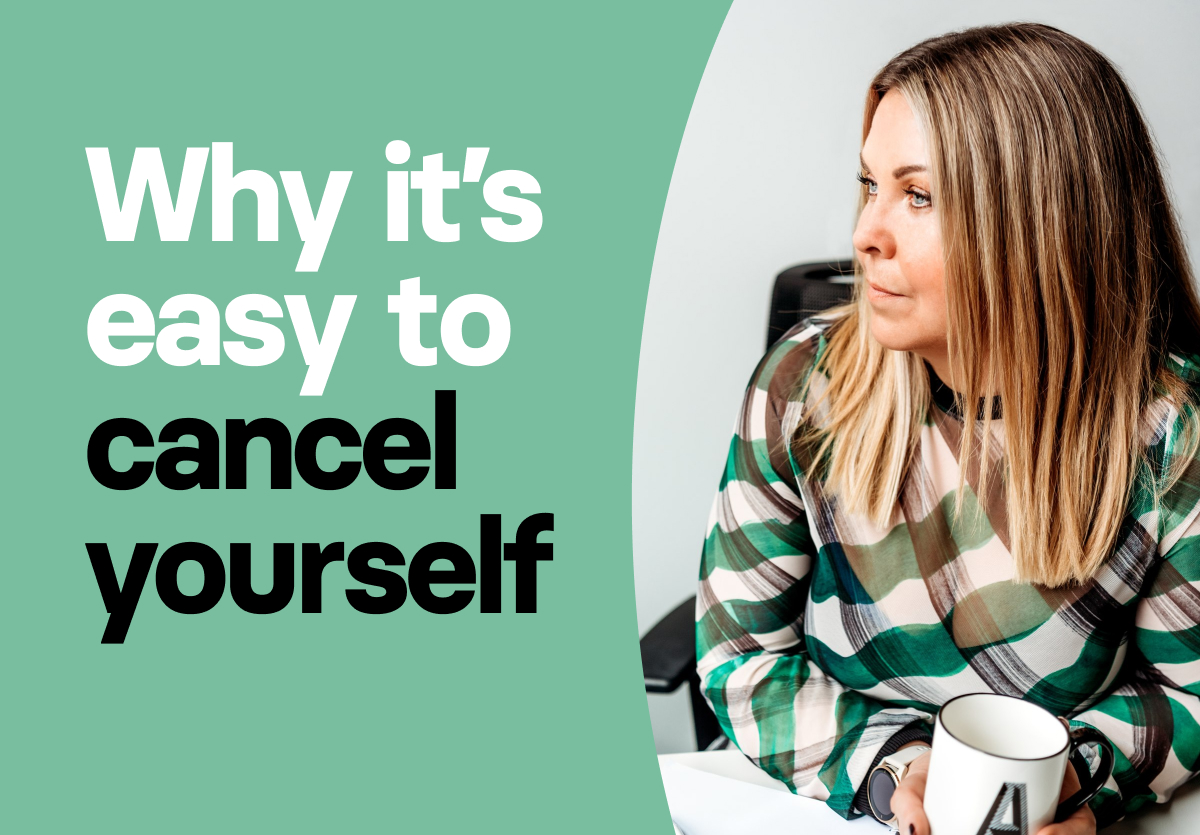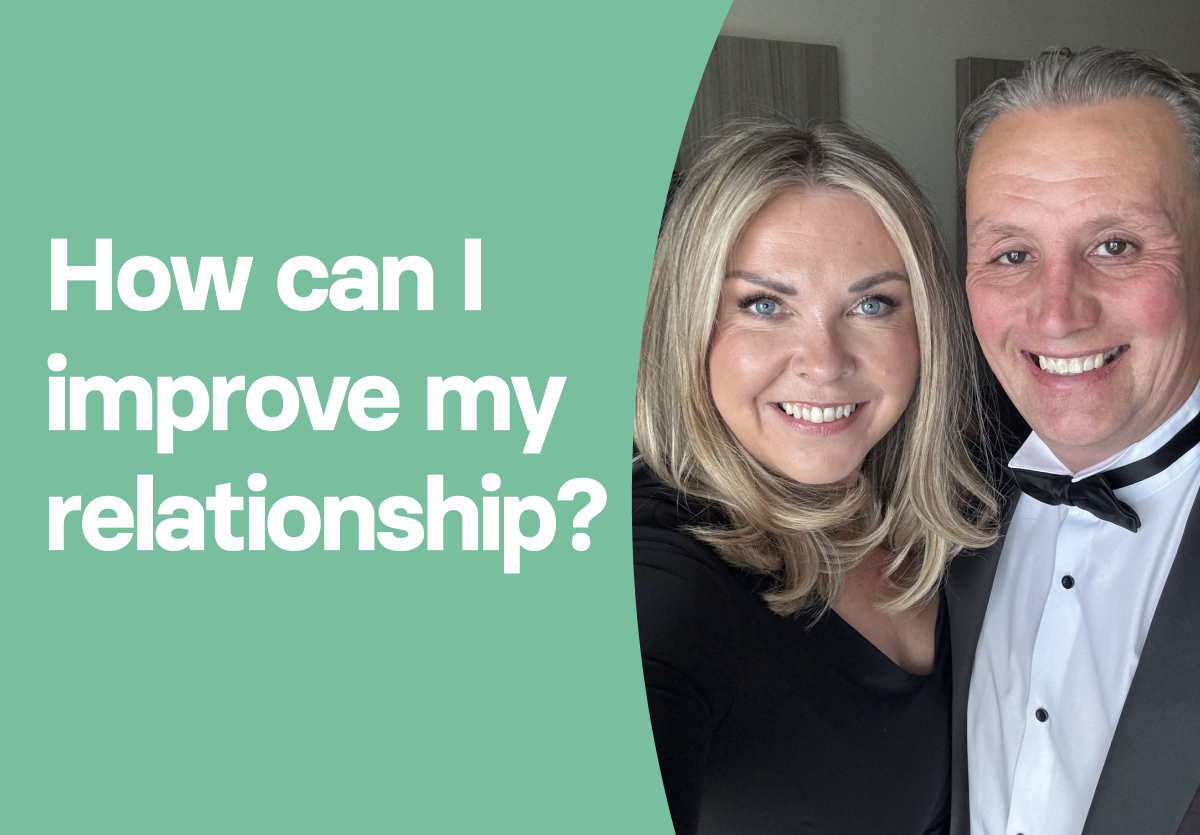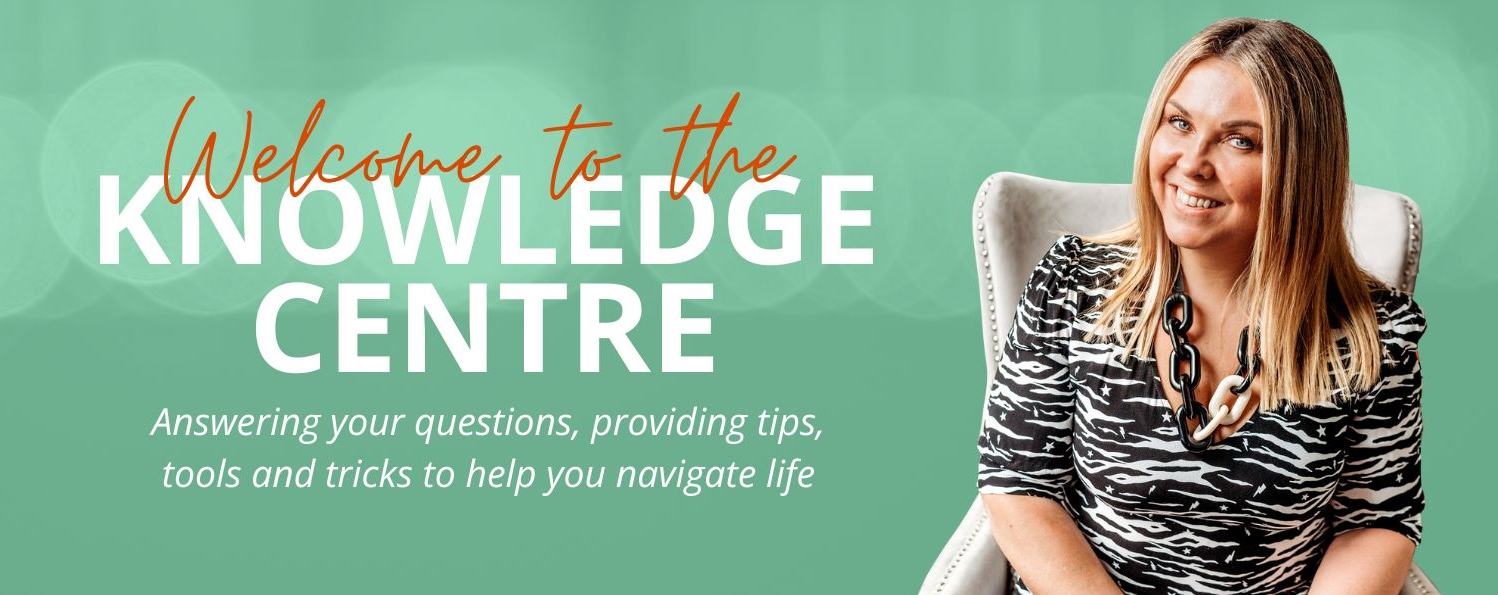
Trust is an integral component of every relationship. It is impossible for you to develop a meaningful relationship with someone if you do not trust them. However, people who have been betrayed tend to have a difficult time trusting others. Their trust issues can get in the way of building meaningful connection.
For instance, if someone has difficulty trusting people, they would be unable to believe what people have to say. It is common for such a person to feel suspicious of people’s intentions. In fact, they are likely to question every single interaction they have. Hence, forming an intimate connection may seem impossible. It can also be exhausting!
Fortunately, you can learn to trust people again. To help you gain a better understanding of what is holding you back, here is everything you need to know.
Why difficulty with trust is challenging
Before delving into how trust works, it is crucial that you understand what you are missing out on. Trust is essential for minimizing conflict, increasing intimacy, being more positive, feeling safe, and of course the one I always like to talk about…being your authentic self. If you want to truly connect with people, you must be willing to be vulnerable. This is only possible when you can trust. Therefore, working on your barriers to trust will allow you to relax and be yourself around others. It would enable you to benefit from affection, assistance, reassurance, and comfort.
What Is Trust?
In the simplest of words, trust is believing that the other person is reliable, credible, and honest. It is vital for depending on people without having to worry about safety. The following signs indicate that you or someone you know has trouble trusting others.
- Self-Sabotage: A common symptom of trust issues is self-sabotage. You might assume that it is better that you end the relationship instead of getting disappointed in the future. Therefore, you are likely to engage in behaviour that would put your relationship with someone at risk.
- Suspiciousness: When you have trust issues, you are likely to be suspicious of everyone and everything. It can be difficult for you to trust people’s intentions even if there is no reason for you to be sceptical. You might think that they will deceive you or harm you.
- Assuming the Worst: Anyone who has trust issues tends to assume the worst from people. Even if someone has proven to be trustworthy, you might still believe that they would cause you some sort of harm.
- Lack of Forgiveness: Moving on from betrayal is not easy. It can leave you feeling bitterness and shame. You might struggle to forgive and move on. Thus, your entire life would be affected.
- Believing in the Negative: It does not matter what the situation might be, you might find yourself expecting the worst. You’ll notice people’s mistakes, weaknesses, and flaws rather than their positive traits. It’s like being a constant state of threat detecting.
- Distancing Yourself: A lack of trust is the number one reason why people build a wall around themselves and others. You might try to avoid getting into a relationship due to a fear of disappointment or betrayal.
- Unhealthy Relationships: Building a long-lasting relationship can be a difficult task for people who have trust issues. Forming a strong connection with other people can seem impossible, especially when it comes to romantic relationships.
By allowing your trust issues to take over, loneliness and isolation would be experienced.
Types of Trust Issues
There are a variety of trust issues that you need to know about so that you can work on them to put an end to poor communication and conflicts. The following are some types of trust issues that you might experience.
- Friendship: There is no denying that friendship is one of the best things in life. However, you might have difficulty trusting your friends. It is likely to be caused by a fear of betrayal or disappointment. When people let you down, you would struggle to open yourself up to them.
- Romantic Relationship: Anyone who has trust issues has trouble believing their partner. This leads to a host of problems such as an unwillingness to commit, infidelity, and the inability to accept an apology.
- Workplace Relationship: For a successful career, you need to learn to establish workplace relationships. Now, there are various reasons why you might not be able to trust a co-worker. You might believe that intend to betray you or conspire against you.
So, What Actually Causes Trust Issues?
Although genetic factors play a role in your ability to trust others, your inability to trust people is most likely to be caused by socialisation factors like societal influences and family dynamics. Generally, anyone who has been betrayed can develop trust issues. Chances are that your childhood might be shaping your ability to open up to people.
To better understand your trust issues, it’s good to know the trust equation. It comprises 4 components that affect your ability to trust someone. Three of the factors relate to a person’s trustworthiness which includes intimacy, reliability, and credibility. The remaining factor is self-interest. The reason why the trust equation is a great model is that it is simple and straightforward. It offers clear guidance. Here is what it entails.
- Intimacy: It refers to how secure you feel about trusting someone with your personal information, especially when it comes to your insecurities and secrets. It is human nature to trust someone more when you know more about them. Intimacy can be best described as the willingness to be vulnerable with others. By being vulnerable, you can build intimacy which would help establish trust.
- Credibility: It refers to having knowledge about a certain subject. The other person should be able to back up his or her claims. You can increase your credibility through learning.
- Reliability: Our actions influence whether we are perceived as reliable or not. It all comes down to if you can or the other person is dependable. Do they do what they say they would? By doing what you said you would, you get to increase reliability. Therefore, saying “No” to things that you cannot do is essential.
- Self-Interest: Lastly, self-orientation is all about the alignment of your interests with that of others. People who are highly self-oriented are not easy to trust. If someone seems like they are interested in their own goals, it prevents one from trusting them.
How Do You Overcome Trust Issues?
After you have a solid understanding of trust issues, you can adopt the following strategies to start building trust.
- Take Things Slow
Trust takes time to build. This is why you or the other person will need to take things slowly. Only when you trust someone enough would you allow them to be a part of your life. You will need to forgive them for the mistakes that they have made to move forward. - Discuss Your Trust Issues
Although there is no need for you to mention each and every detail about your past and how some people betrayed your trust, you have to open up about your struggles if you want to build trust. It will help others understand you. You must let your partner know how certain actions may be interpreted by you. - Distinguish between Control and Trust
If there is one thing that you need to know, it is that control and trust are two different things. When you cannot trust someone, you try to control them as much as possible. It is quite common to feel taken advantage of or betrayed when you have been betrayed in the past. But, you cannot adopt controlling behaviour as it would only take a toll on your current relationship. - Focus on Building Trust
The secret to overcoming trust issues is learning to build trust. No matter how difficult it might seem to trust others, you must work on establishing trust to form meaningful relationships. It is the secret sauce that will allow you to form long-lasting connections. - Be Trustworthy
In order to trust others, you need to give them a reason or two to trust you. Learn to trust the other person to establish trust. Hence, you would have to set limits and express your thoughts, opinions, and feelings. You must also be understanding if the other person breaks your trust as everyone makes mistakes. - Consider Coaching
If you have been badly betrayed in the past, you might want to consider coaching. It will help you overcome your trust issues. Seeing a coach will work wonders and allow you to trust people again. - Trust Yourself
To learn to trust others, you must be willing to trust yourself as well. Allow yourself to be accepting of others. You must not be critical of your ability to trust others. Instead, you must allow yourself to focus on building trust with others.
Conclusion
Trusting people again might seem like a long journey. However, you will get there eventually. Give yourself time and take things according to a pace that suits you best.
If you are interested in taking this further, consider booking the Breakthrough Programme with Angela. You can find out more here





